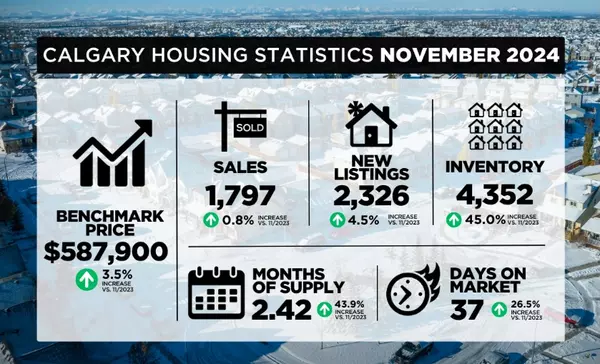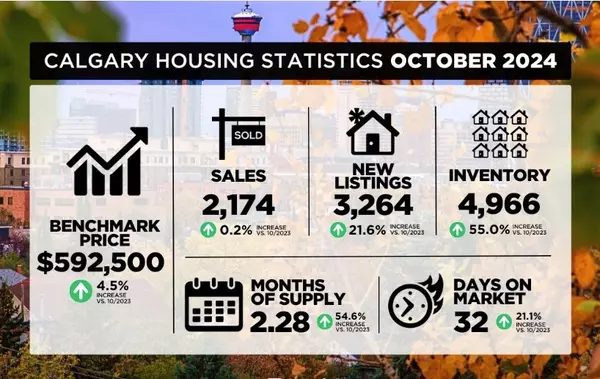What Capital Gain Means to Cottage Owners in Canada

Impending changes to the taxation of capital gains are causing "anxiety" in Canada's cottage country, according to some real estate experts, as property owners worry about whether they should sell before the new proposals from the 2024 federal budget take effect this summer.
The 2024 budget, tabled by the Liberal government two weeks ago, included a change to the inclusion rate for certain capital gains, which are the net profits from selling an asset like stocks or investment property. The proposed changes, set to take effect on June 25, 2024, would raise the inclusion rate for capital gains to 66.7 percent for individuals realizing more than $250,000 in annual capital gains. Gains below that threshold will continue to face the current inclusion rate of 50 percent.
While principal residences remain exempt from capital gains taxes, secondary properties such as investment units or cottages that are not the owner's primary home will be subject to the inclusion rate upon sale.
Owners of some of Canada's recreational properties are concerned about the impact these new changes could have on their family cottages, according to experts who spoke to Global News. Agents in recreational markets across the brokerage’s national network have been receiving many inquiries about the proposed capital gains tax on cottage properties.
For those looking to sell their property and finalize the transaction before the June 25 deadline, listings should be posted by the end of this week at the latest.
Courtesy of Global News
Categories
Recent Posts











